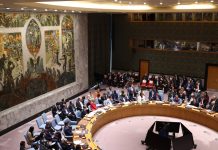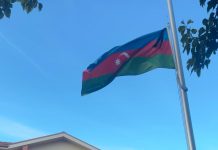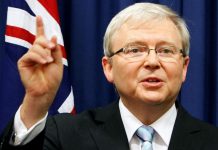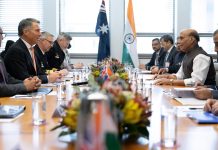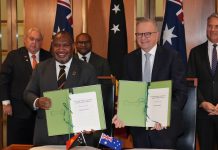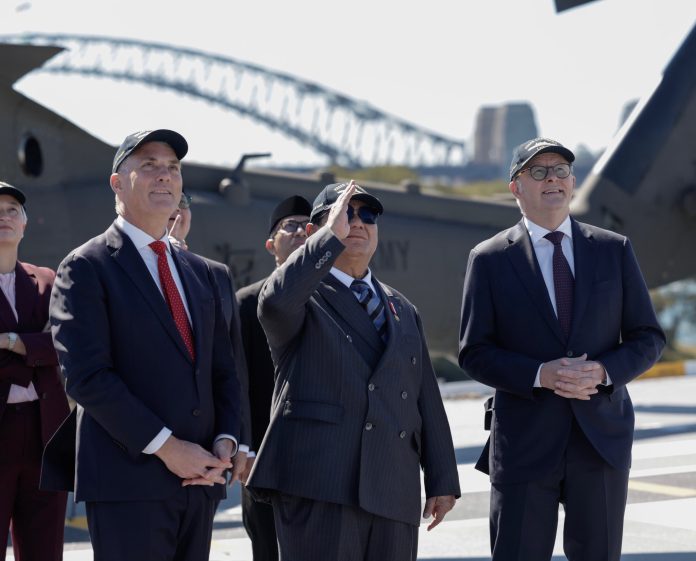SYDNEY – Australia and Indonesia have announced a landmark security treaty, a "watershed" pact designed to deepen defence ties and establish a framework for the two nations to consult and potentially respond jointly to security threats.
The Treaty on Common Security, announced by Prime Minister Anthony Albanese and Indonesian President Prabowo Subianto in Sydney on Wednesday, marks the most significant upgrade in bilateral relations in decades and signals a mutual commitment to regional stability.
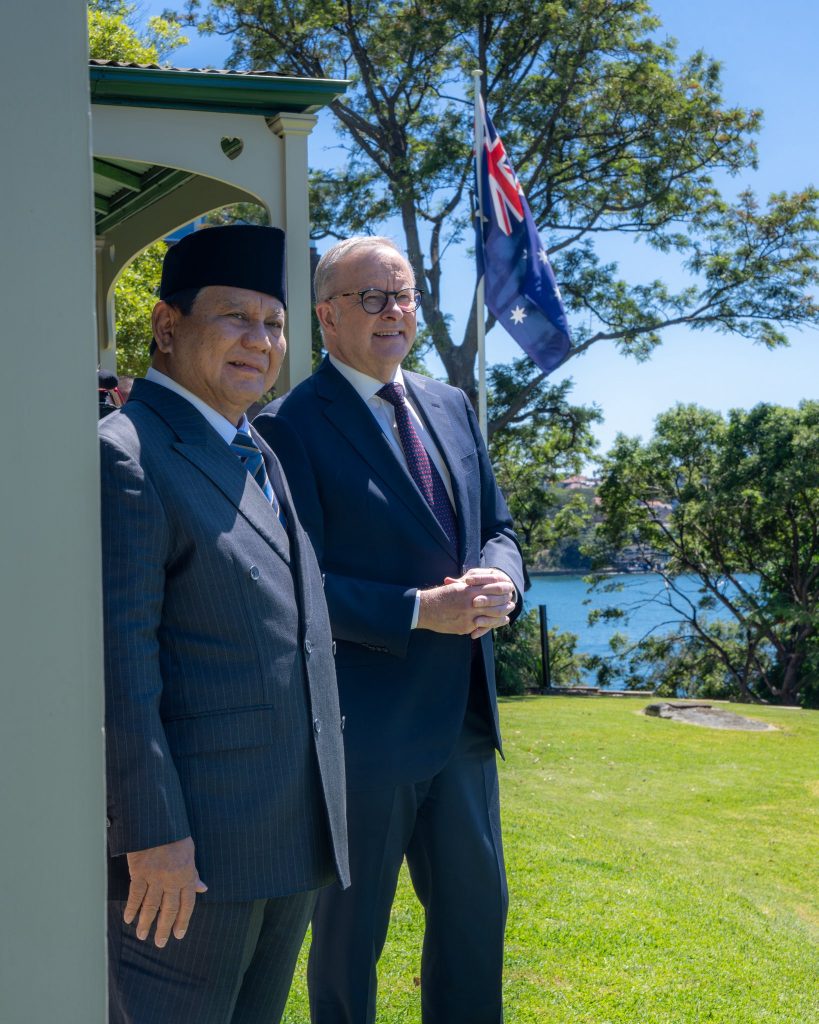
“Australia's relationship with Indonesia is based on friendship, trust, mutual respect and a shared commitment to peace and stability in our region,” Mr Albanese said. “This treaty is a recognition from both our nations that the best way to secure that peace and stability is by acting together. It signals a new era in the Australia-Indonesia relationship.”
The treaty, which will be formally signed in Jakarta in January, commits both countries to:
- Conduct regular high-level consultations between leaders and ministers on common security matters.
- Confer in the event of "adverse challenges to either party or to their common security interests."
- Consider measures for an individual or joint response to such challenges.
- Identify and undertake mutually beneficial cooperative activities in the security field.
Healing a 'Patchy History'
The agreement is modelled on the 1995 Agreement on Maintaining Security, a pioneering pact signed by Prime Minister Paul Keating and President Suharto. That earlier treaty was abruptly terminated by Indonesia in 1999 during the crisis in East Timor, casting a long shadow over the bilateral relationship.
The new Treaty on Common Security builds directly upon the Lombok Treaty and the 2024 Australia-Indonesia Defence Cooperation Agreement, taking the partnership to a new level.
In a symbolic nod to this history, President Prabowo met with former Prime Minister Paul Keating following the official announcement.
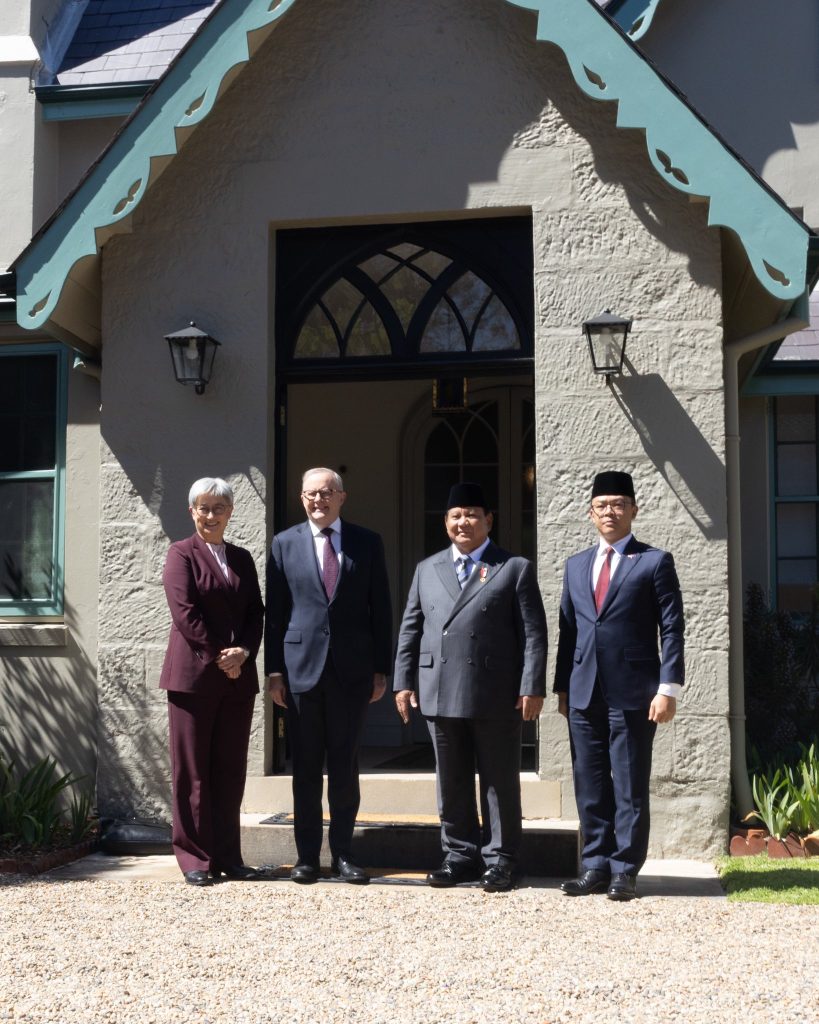
A Partnership of 'Good Neighbours'
President Prabowo framed the treaty within the context of regional kinship, describing it as a "good neighbour policy."
"In Indonesian culture, we have a saying: 'When we face an emergency, it is our neighbour that will help us. Maybe our relatives will remain far away, but our neighbours are the closest to us,'" President Prabowo stated. "Good neighbours are essential. Good neighbours will help each other in times of difficulties."
The treaty's negotiation was conducted in total secrecy, beginning after the May federal election and progressing through discussions in New York and at ASEAN meetings.
While not a formal mutual defence pact like ANZUS, experts note the treaty's language of consultation and potential joint action represents a profound step forward. For Australia, a stable and secure Indonesia is a paramount national interest, and this treaty provides an unprecedented structured dialogue to help ensure it.













